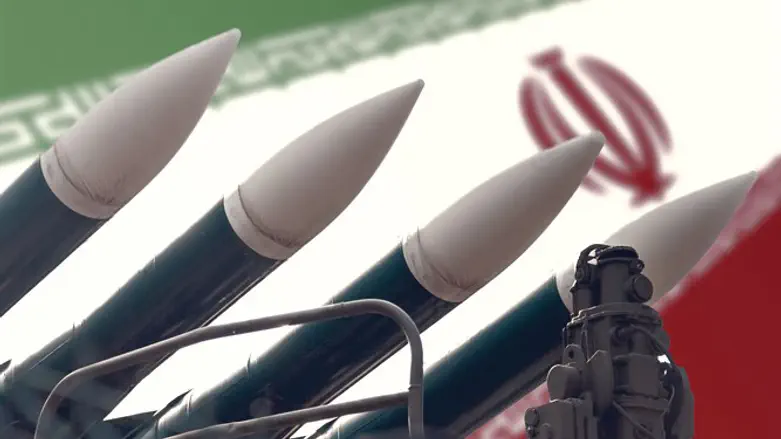
Speaking to a press event hosted by the American Department of State Dubai Regional Media Hub, U.S. Special Envoy to Iran Robert Malley said that they are in a “critical phase” of the effort to resume talks on re-establishing the Iran nuclear deal (JCPOA).
With the talks stalled for many months after six previous rounds, Malley said: “The official reasons given by Iran for why we’re in this hiatus are wearing very thin, particularly because at the same time as they are not coming to the table, they’re not prepared to discuss how we could resume mutual compliance for the JCPOA. They are taking steps to expand a nuclear program and they’re putting additional obstacles on the work of the IAEA, all of which has been in contradiction with what they claim to be their desire to come back to the JCPOA.”
He added that American allies share "deep and growing concern about the pace and direction of Iran’s nuclear progress” and that there is increasing “impatience” at the lack of resumption of negotiations.
"At this point, it's hard to find an innocent explanation for why they are taking so long," Malley said.
Adding “that the “window for diplomacy is never going to be closed,” Malley said that diplomacy will continue to be pursued “even as we pursue other steps” if needed.
He went on to state that the window to revive the JCPOA will not remain open forever.
He said that the U.S. has "given a lot of thought of what we would do" if Iran does not return to the Vienna talks.
"We have ideas and we discussed them" with allies about how to move forward if Iran refuses to return to negotiations.
Malley noted that “the JCPOA was not the end of diplomatic" engagement with Iran, in the eyes of the Biden White House.
"It was opening the path to more comprehensive diplomatic engagement," Malley said, referring to “follow-on diplomacy” rather than “follow up.”
Malley added that the JCPOA "should be a platform to help open the door for more discussions, more diplomacy" to resolve longstanding issues with Iran.
However, the envoy would not give a timeline for how long the window for reestablishing the JCPOA would remain open.
He also would not comment on the point in which the perceived benefits of the JCPOA – in terms of Iran’s break-out time for developing nuclear weapons – would no longer be viable.
Malley was also critical of the current bilateral relations between the EU and Iran.
"That can’t be a substitute for the [Vienna] talks,” he said. "At a minimum, they should be talking in the format that we had established in Vienna."
